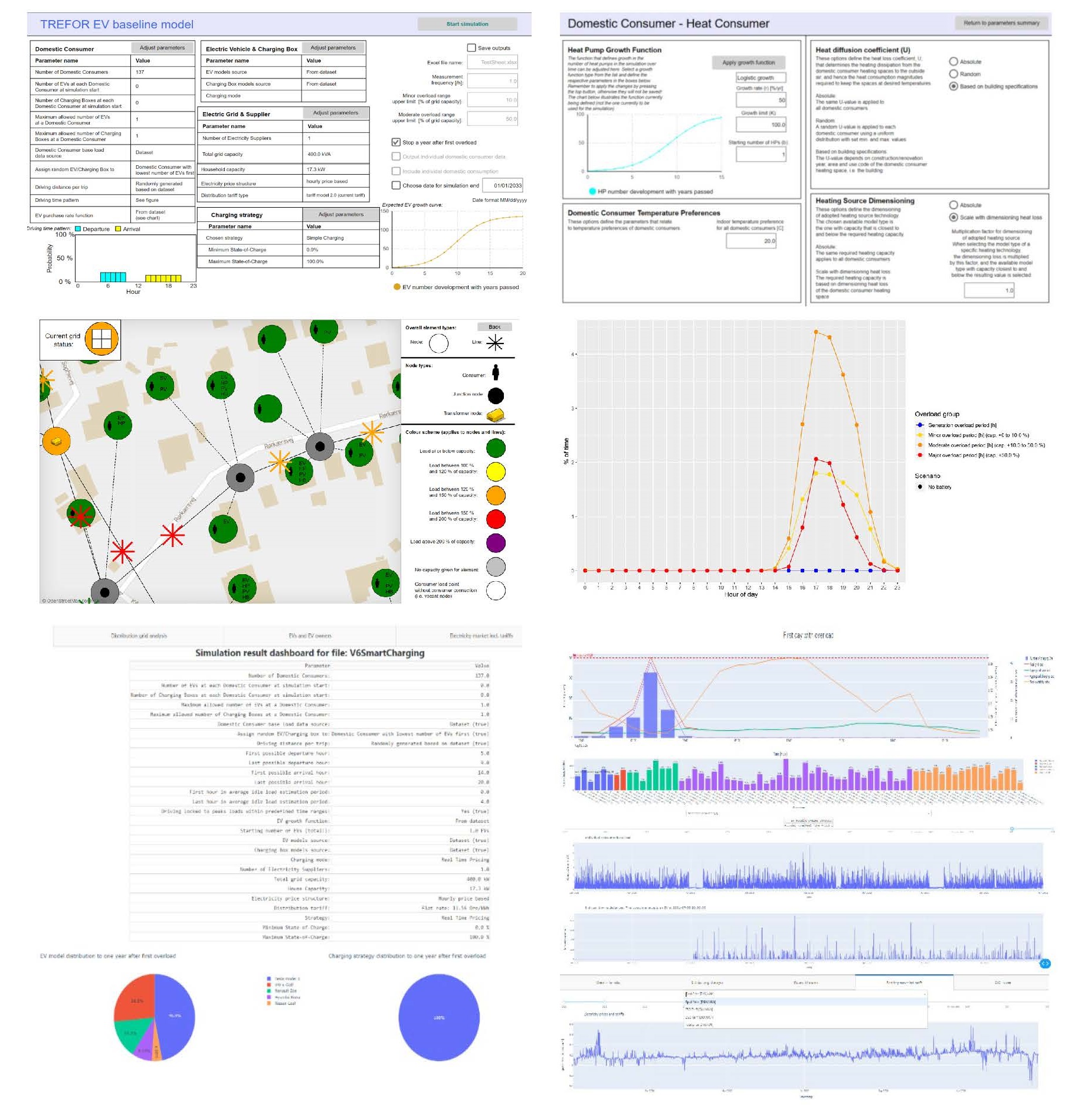
The Energy Metaverse is a groundbreaking virtual living lab of the energy ecosystem, designed to tackle the complexities of the green transition. By providing a digital replica of the physical energy ecosystem, the Energy Metaverse allows stakeholders to experiment, evaluate, and optimize new technologies, regulatory frameworks, and business models before implementation. This innovative approach reduces uncertainties and risks and supports effective policymaking, ultimately accelerating the green transition of energy systems.
Main Theories Behind the Energy Metaverse:
- Ma, Z. G. (2023). Energy Metaverse: a virtual living lab of the energy ecosystem. Energy Informatics, 6(1)
- Ma, Z. G., & Jørgensen, B. N. (2023). Digital Twins: Benefits, Applications and Development Process.
- Clausen, C. S. B., Ma, Z. G., & Jørgensen, B. N. (2022). Can we benefit from game engines to develop digital twins for planning the deployment of photovoltaics? Energy Informatics, 5(Suppl. 4), [42]. https://doi.org/10.1186/s42162-022-00222-7
- Ma, Z. G. (2023). Energy metaverse: the conceptual framework with a review of the state-of-the-art methods and technologies. Energy Informatics, 6(42).
The current version of the Energy Metaverse includes:
DERInGrid: A digital twin of electricity distribution networks with households and distributed energy resources. DERInGrid enables electricity system operators to predict the impact of distributed energy resources on a power grid. It automatically generates a topology representation of the system and its residential consumer connections based on input data, allowing users to conveniently perform simulations on different distribution systems. It also comes with a user-friendly interface for users to adjust parameters for different scenarios.
Main Theories Behind the DERInGrid:
- Værbak, M. (2022). Agent-Based Framework for Simulating Evolution of Distributed Energy Resources in Energy Systems. [Ph.d.-afhandling, SDU]. Syddansk Universitet. Det Tekniske Fakultet. https://doi.org/10.21996/vny1-bw06
- Værbak, M., Ma, Z., Demazeau, Y. et al. A generic agent-based framework for modeling business ecosystems: a case study of electric vehicle home charging. Energy Informatics 4 (Suppl 2), 28 (2021). https://doi.org/10.1186/s42162-021-00158-4
EVGridSynergy: a digital twin of electric vehicle (EV) charging algorithms and dynamic distribution tariffs and electricity pricing. It enables Distribution System Operators to optimize grid efficiency, allows EV users to select cost-effective charging strategies, and supports Charging Service Providers in developing tailored solutions. With multi-criteria decision-making models, EVGridSynergy empowers stakeholders to navigate the energy ecosystem and promotes environmentally responsible growth.
Main Theories Behind the EVGridSynergy:
Christensen, K. (2022). Multi-Agent Based Simulation Framework for Evaluating Digital Energy Solutions and Adoption Strategies. [Ph.d.-afhandling, SDU]. Syddansk Universitet. Det Tekniske Fakultet. https://doi.org/10.21996/kksb-v823
Principal investigator: Zheng Grace Ma
Development team: Magnus Værbak, Kristoffer Christensen, Christian Skafte Beck Clausen
Tool link: https://energymetaverse.sdu.dk/